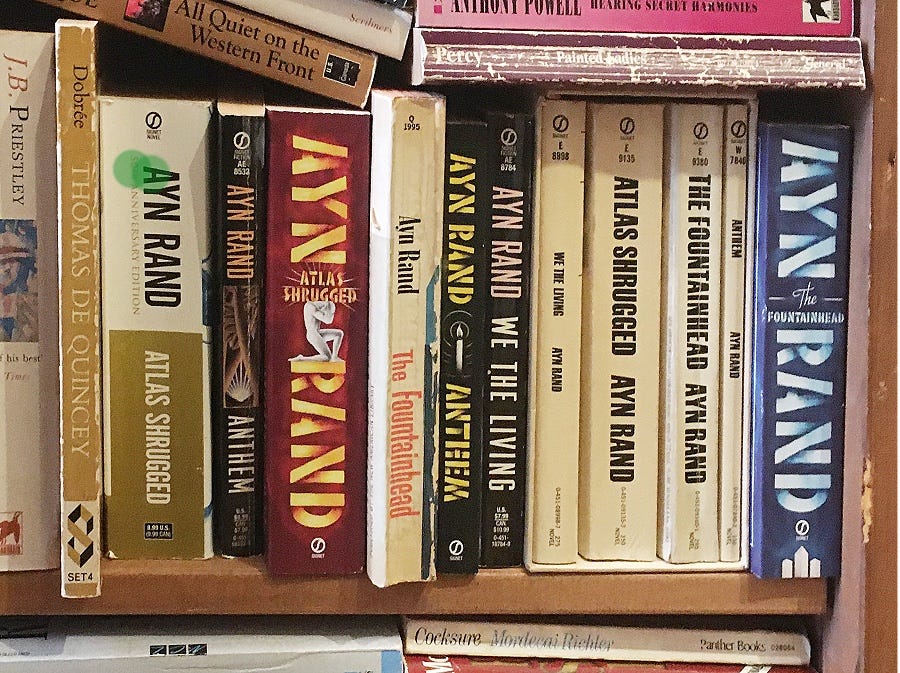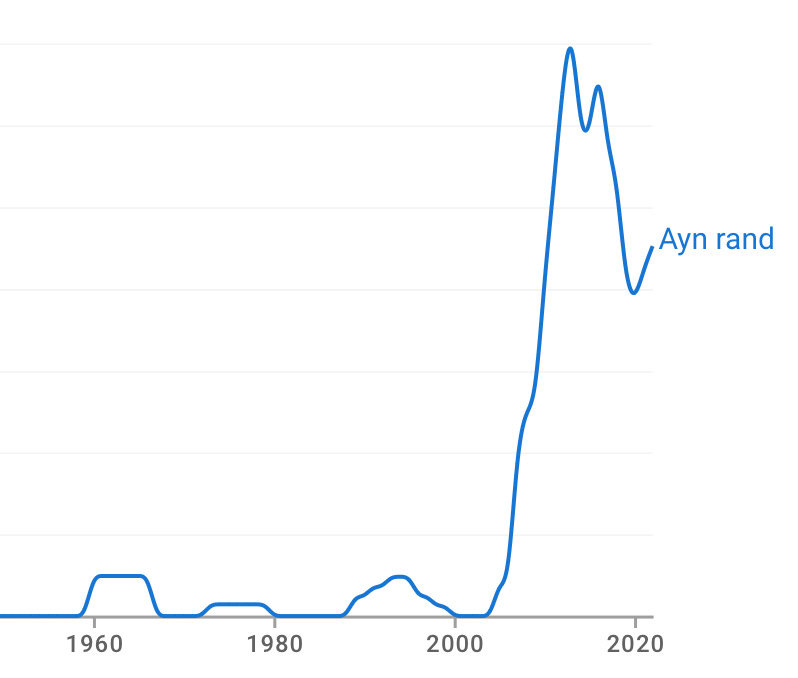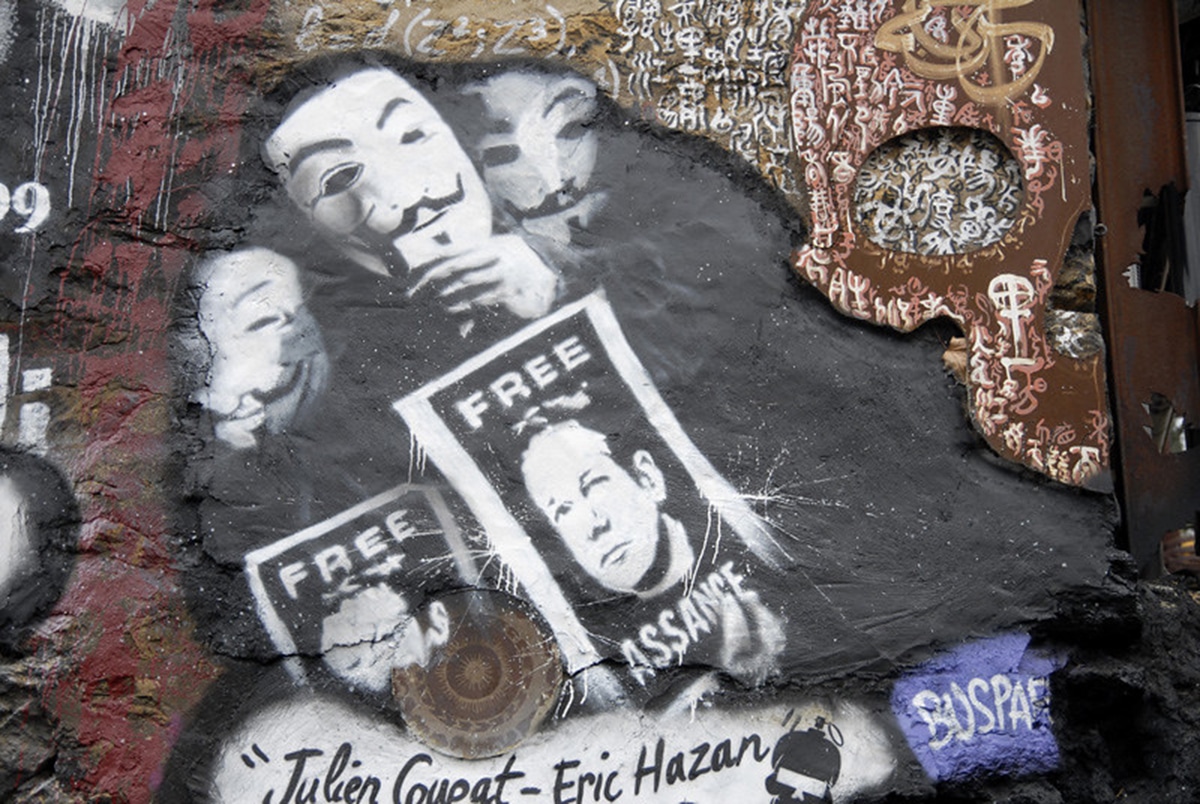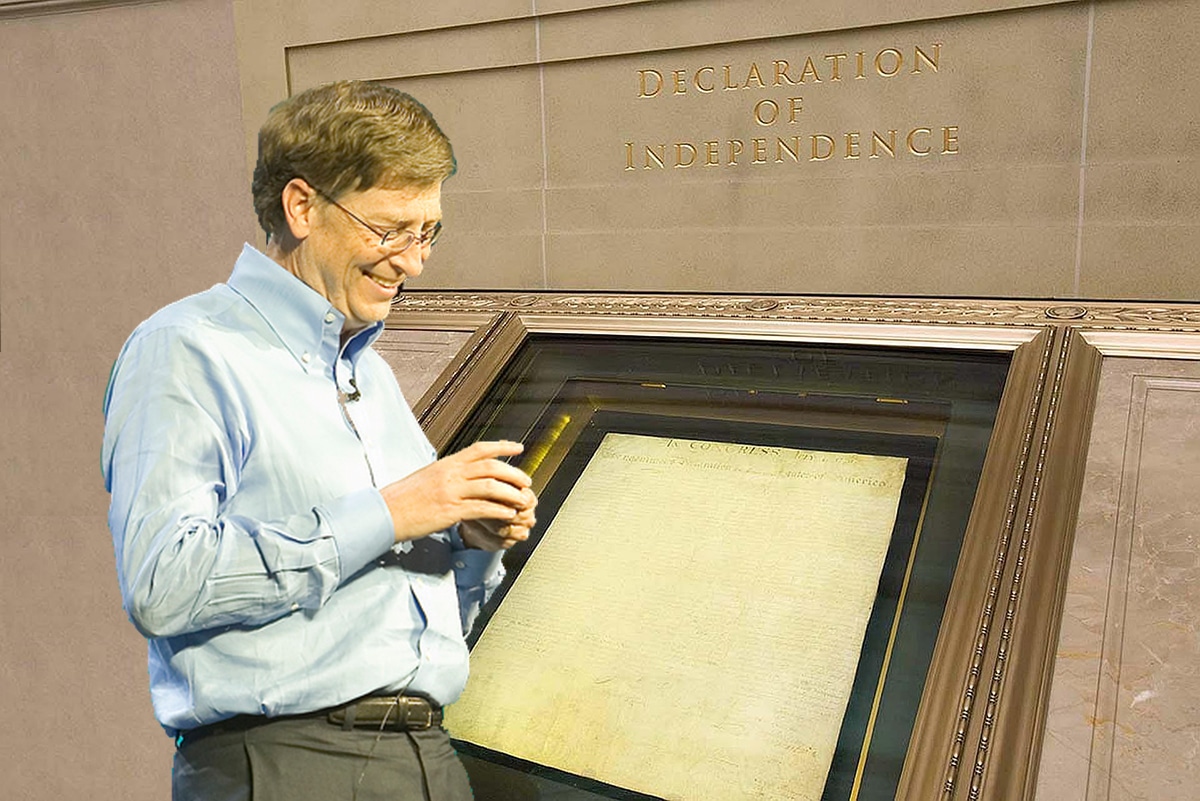

Randian Acts of Unkindness
by Geoff Olson | Dec 15, 2024
Ayn (rhymes with ‘whine’) Rand. Perhaps you’ve heard the name, which came up recently for me in an exchange with friends. A late author revered by some, reviled by others. Libertarian goddess. Child killer admirer (we’ll get to that).
Although she’s not quite a household name, Ayn Rand was one of the most influential figures of the twentieth century, and her star is on the rise again. Born Alisa Zinov’yevna Rosenbaum in St. Petersburg in 1905, she fled her war-torn homeland for the United States in 1926, taking a new name when she arrived.
Numbers from the publishing world indicate she’s been on the rise with readers for decades. Her forties to fifties-era novels Atlas Shrugged and The Fountainhead continue to sell in the millions, long after after her death in 1982. In these intellectual potboilers the main villain is government, restricting the heroic efforts of creative, self-made men while rewarding what she called society’s “parasites and lice.”
Rand’s philosophy of objectivism, summed up in her nonfiction work, The Virtue of Selfishness, condemned altruism as “moral cannibalism”. In an 1964 Playboy interview she had this to say:
If [people] place such things as friendship and family ties above their own productive work, yes, then they are immoral. Friendship, family life and human relationships are not primary in a man’s life. A man who places others first, above his own creative work, is an emotional parasite; whereas, if he places work first there is no conflict between work and his enjoyment of human relationships.
In her view, the primary human behaviour worthy of praise is individual pursuit of gratification and self-advancement. These unforgiving notions made Rand into an avenging angel for hard-core conservatives and her books their scripture.

In his 2011 book Griftopia, Rolling Stone political correspondent Matt Taibbi writes of the salons Rand held in her New York apartment in the 1950’s. Among her acolytes was a dour, social-climbing economist named Alan Greenspan, whom Rand nicknamed “The Undertaker.” His intellectual apprenticeship took him from Rand’s knee to the throne of the US Federal Reserve. (In 1974, Rand stood beside Greenspan at his swearing-in as Chair of the Council of Economic Advisers.)
When The New York Times gave a negative review of Atlas Shrugged in 1957, Greenspan wrote a letter to the editor championing his mentor, ending with the memorable sentence, “parasites who persistently avoid either purpose or reason perish as they should.”
During the great spree of financial deregulation beginning in the nineties, the stone-faced Chairman of the Fed stood by with his hands in his pockets, while Wall Street’s creative titans went through the pants of homeowners and small investors. The apprentice had learned well.

Google Books ngram. Author Ayn Rand’s mentions had an exponential rise from 2003 to her peak in 2012. A semi-precipitous drop was checked in 2019, and it’s safe to say the lady’s been on the rise since.
”A brilliant, unusual, exceptional boy”
In 1927, William Edward Hickman kidnapped a 12-year-old girl named Marion Parker from a public school, raped her, and dismembered the body. When the father arrived to pay a ransom, the killer reportedly tricked him by having the girl’s torso propped up in his car, the eyes pinned up in a macabre imitation of life. Hickman grabbed the cash and sped off, dumping the body at the end of the street.
As a young woman, Rand followed the newspaper accounts of Hickman’s trial with great interest. According to her biographer, Anne Conover Heller, Rand’s “stunningly harsh and antisocial” unfinished novella, The Little Street, was based on the killer’s trial.
In this proto-objectivist tale, the small-town jurors were portrayed as an ignorant mob out to take down a sovereign individual who murdered a church pastor. Of protagonist Danny Renahan she wrote, “thankfully he has no organ for understanding the necessity, meaning or importance of other people. Other people do not exist for him and he does not understand why they should.” (The biographer adds, “This, by the way, is practically a diagnostic description of narcissism, and also a description of Rand herself.”)
Of the real-world killer Hickman, Rand wrote of his “disdainful countenance,” his “immense, explicit egoism,”and the undeniable fact that he is “a brilliant, unusual, exceptional boy.”
She qualified this praise, calling Hickman “a degenerate” and a “ruthless monster.” It appears Rand was mostly interested in Hickman as a prototype for Danny Renahan. The argument has been made that Rand did not admire Hickman, but simply used his character loosely for literary inspiration. She wrote that the character would be “very far from him, of course. The outside of Hickman, but not the inside. Much deeper and much more. A Hickman with a purpose. And without the degeneracy.”
Decide for yourself how well she qualified her words. She described Hickman as having “the true, innate psychology of a Superman. He can never realize and feel ‘other people.’”
Rand also wrote approvingly of Hickman’s defiance of the social order: “It is the amazing picture of a man with no regard whatever for all that society holds sacred, and with a consciousness all his own. A man who really stands alone, in action and in soul.”
She further added:
“A strong man can eventually trample society under his feet… That boy [Hickman] was not strong enough.”
Plenty of writers and academics have questioned Rand’s morality. The Hickman revelations from a few years back give us reason to question her sanity as well. She revealed herself as a deeply damaged human being, and quite likely a psychopath.
Rand’s “objectivism,” built upon the bedrock concept of an objective world independent of observation and transparent to reason, was already dated by the fifties. (Bohr and Heisenberg polished off that comforting concept in the 1930’s, with quantum physicists in their footsteps picking through the rubble.)
Beyond that, objectivism is literally a self-serving philosophy. As a social philosopher’s tool, it’s as untethered from reality as the sophisticated ponzi schemes cooked up by Wall Street’s best and brightest. The corporate monopolies that rule today’s market would utterly collapse without the tax deferments, subsidies, tariffs and SEC non-enforcement that keep their projects afloat. We’re talking about corporate welfare mediated by the state — that supposed antibusiness behemoth that Rand loathed so much. And this goes triple for the tech industry, which profits hugely on that body created by government with taxpayer dollars, the Internet.
As ever, socialism for the rich and capitalism for the poor.
Anthropologists know of no society that’s survived by self-interest alone. It’s impossible to imagine tribes from the Paleolithic past to the networked present consisting solely of little Hickmans running about “making a killing,” literally or figuratively. If there ever were any such collective aberrations, they disappeared without a trace.
Even Adam Smith, author of that early free enterprise bible, The Wealth of Nations, observed that pursuing self-interest in the marketplace can’t replace the necessary moral sentiments of sympathy and understanding for others.
Rand had the privilege of living in comfortable isolation from the profits of her books. Other than a small circle of disciples who attended her Saturday evening salons at her New York apartment in the fifties, Rand’s social life was limited. In 1982 she died of heart failure in her New York city apartment, with only a hired nurse at her side.
The toxic philosophy of objectivism didn’t go to the grave with its author. It continues to infect the brains of everyone from Fortune 500 CEOs to Trump-addled hipsters. The main vectors are her thick, Nietzschean novels, The Fountainhead and Atlas Shrugged. A 2007 report in The New York Times cites a host of business leaders influenced by the latter book, first published in 1957. “She wasn’t a nice person,” Darla Moore, vice president of the private investment firm Rainwater Inc. told The Times. “But what a gift she’s given us.”
Yes, the gift that keeps on grifting.
Prominent tech figures have also confessed to admiring Rand’s work. Facebook founder Mark Zuckerberg acknowledged the influence of The Fountainhead on his professional life. Wikipedia co-founder Jimmy Wales numbers himself among the Objectivists. Larry Ellison of Oracle is a fan as well. But putting the lady’s philosophy into actual practice isn’t without bugs. When Sears CEO Eddie Lampert’s attempted to restructure his company in line with Randian principles, the result was internal competition and declining performance. Surprise!
For decades, the author’s influential followers have found support for their sovereign selves in her writings. The leaders among them helped turn Rand’s nasty notions into corporate nostrums. Today’s market-endorsed narcissism, monopolistic rule, elite unaccountability, financial fraud, and rampant careerism in both private and public sphere owes a least a tiny debt to the me-first, screw-you philosophy of Ayn Rand.
The Russian emigre’s intellectual opiate continues to comfort the comfortable while afflicting the afflicted. With Trump triumphalists, bro podcasters and alt-right freedom activists pegging any and all federal government initiatives that don’t benefit them directly as “socialism” or “communism,” the author remains both libertarian heroine and heroin.






0 Comments